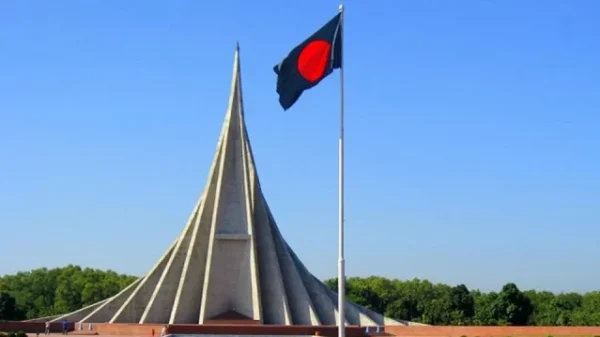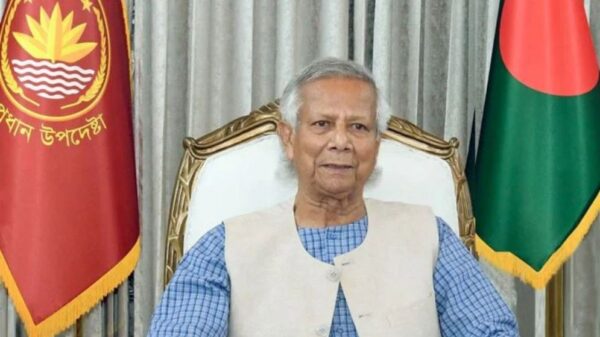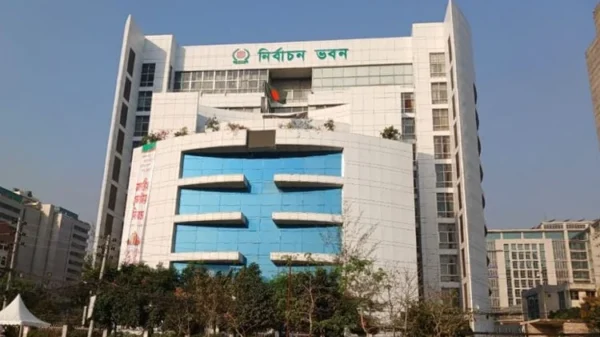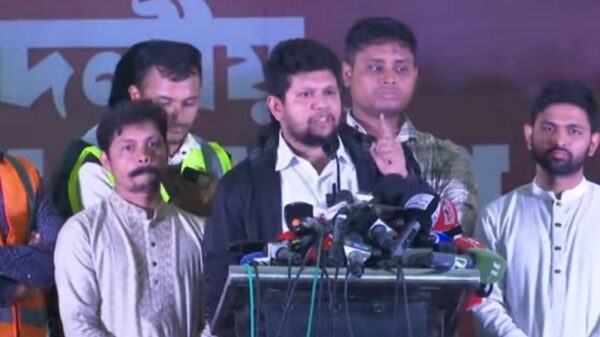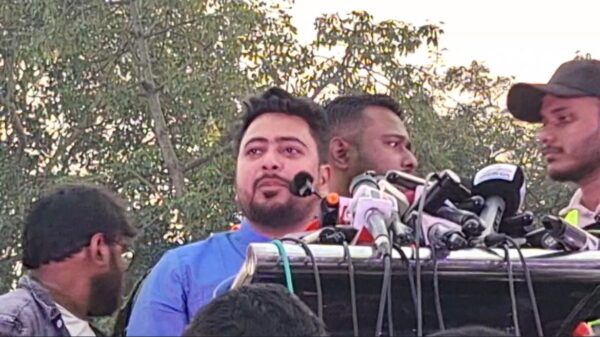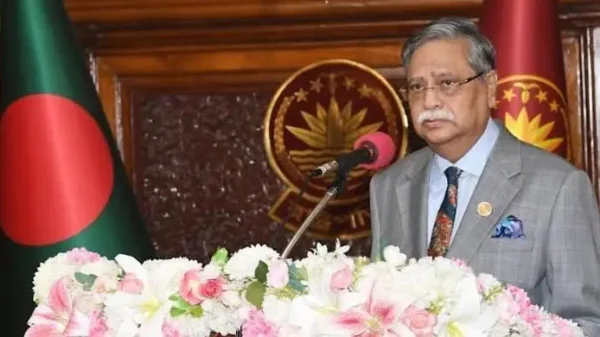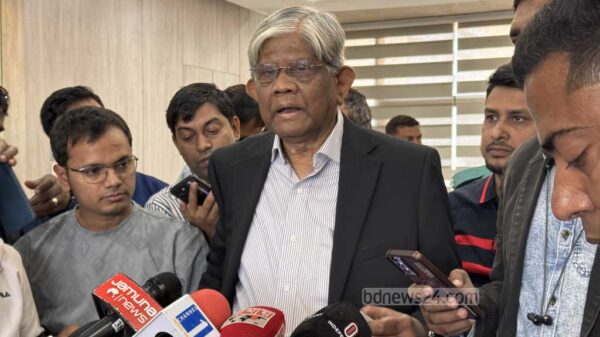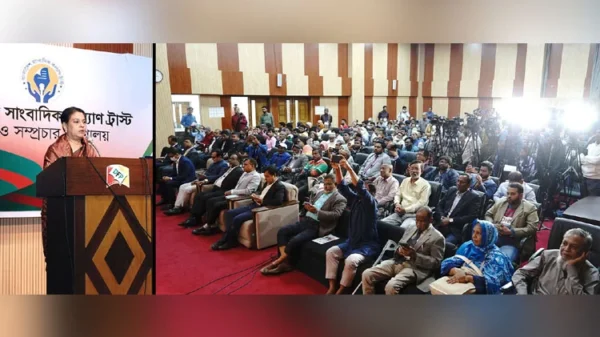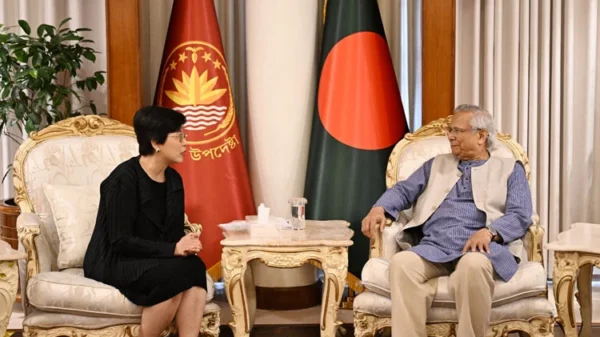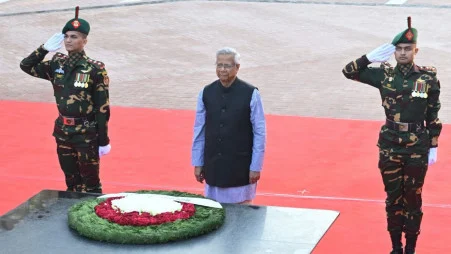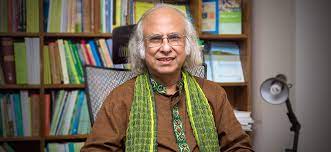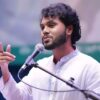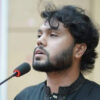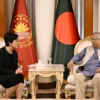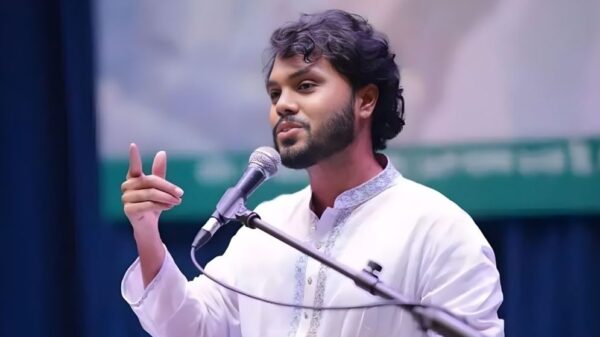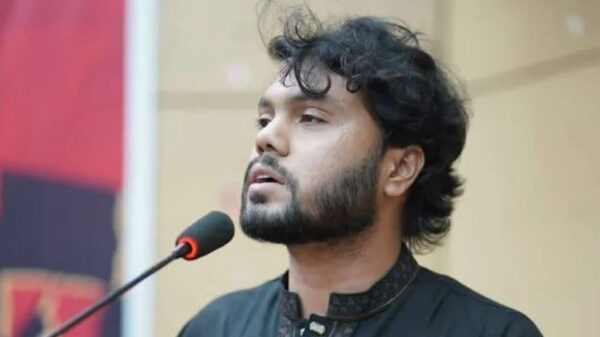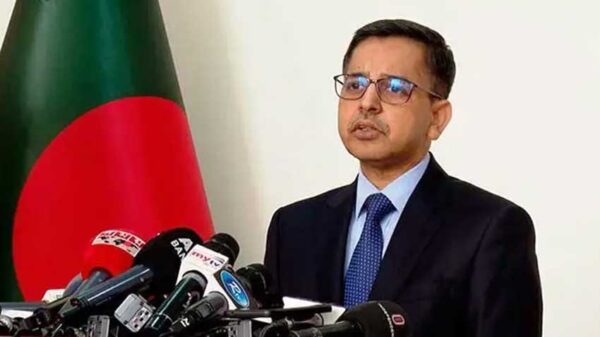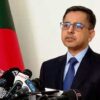Staff Reporter:
Eminent Economist Qazi Kholiquzzaman Ahmed has said that social values have eroded severely at the individual level as competition for wealth has risen.
He said this at a discussion meeting titled ‘Inclusive Development in Bangladesh Challenge and Oppor-tunity’ organized by The Business Eye, at Tofazzal Hossain Manik Mia Hall of the National Press Club on Saturday.
Dr Kholiquzzaman said, “The country has progressed a lot. There has been economic development. Peo-ple’s income increased; the poverty rate decreased. But the inequality in the country did not decrease at that rate.”
“In order to reduce this disparity, it is necessary to break the triangular power syndicate of politicians, bureaucrats, and businessmen along with fighting corruption,” he pointed out.
The eminent economist said Bangabandhu took all the measures for the development of the people, he focused on people-centered agriculture, and he focused on everything from education. But after Banga-bandhu, it did not exist anymore.
“This economist said, we have moved out of human centricity and towards capital centricity. Till 2009 we were mired in poverty. Then in 2015, we became a middle-income country. Since then, there has been a lot of development in the country,” he pointed out.
Former state minister Dr. Shamsul Alam said that the country’s remittances have increased and Bangla-desh has become a country with a $465 billion economy, from $72 billion.
“Poverty decreased; education rate increased. Inequality has increased somewhat due to the rapid growth of the country. The government has given importance to social security to reduce inequality,” he said.
Dr. Alam said, “We could not reduce inequality because of corruption. To reduce this inequality, corrup-tion should be reduced. Similarly, taxes should be paid fairly. The government will adopt a zero-tolerance policy on corruption in the future. The government will be rigorous to both loan defaulters and bill defaulters.”
Former Governor of Bangladesh Bank (BB) Dr. Atiur Rahman said that most of the development over 50 years has taken place in the last 15 years.
BGMEA President Faruque Hassan said that inclusive development took place in Bangladesh.
He said, “98 percent of cotton is imported and the petrochemicals are 100 percent imported – despite this, Bangladesh is number two in the global market in terms of exports of cotton garments and number one in denim and knitwear.”
A large portion of the population directly and indirectly are engaged with garment industries in the country, that is an example of inclusive growth, the BGMEA president said.
President of Jatiya Press Club and Editor of Business Eye Farida Yasmin presided over the program while senior journalist Syed Ishtiaque Reza moderated the function.


